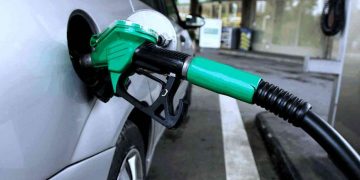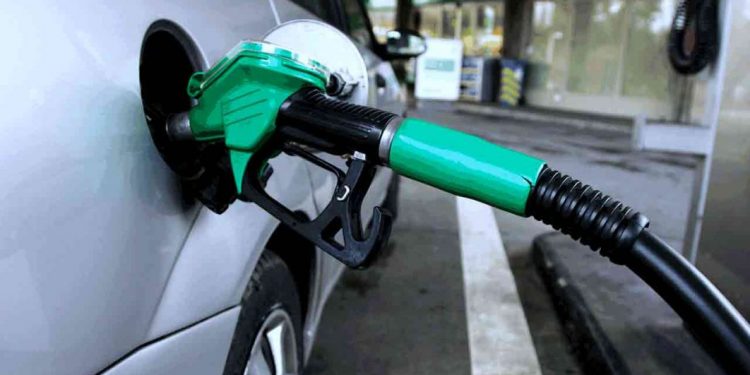The world continues to feel the impact of Russia’s war in Ukraine. Whiles some countries feel the impact of the increase in food prices, for others, the impact is more visible in the hike in fuel prices.
South Africa and Zimbabwe are few of the many countries in Africa feeling the brunt of the war with the hike in crude oil prices.
South Africa
South Africa, the continent’s most developed economy, saw gas prices go above 24 rands ($1.50) per litre, more than $5.80 per gallon. Diesel prices also went up.
The latest increases make fuel in South Africa about 40% more expensive than a year ago. To try to hold down the spike in price, the government has reduced its tax on fuel sales.
The government said the increases were a result of the rise in the price of Brent crude oil.
The fuel price increase is the latest addition to South Africa’s economic woes, which include a 34.5% unemployment rate and an economic downturn caused by the COVID-19 pandemic which resulted in the loss of an estimated 2 million jobs.
Economists are warning of further increases throughout the year, which will hit consumers already dealing with rising food, electricity, and transport costs, University of Witwatersrand economist Professor Jannie Rossouw said.
‘‘The biggest impact would be felt by the poor, who are already facing economic hardship.
“The government has to do what it expects ordinary people to do by also cutting costs and using public money frugally because reducing the fuel levy will have a big impact on its revenue collection,” he said.
Zimbabwe
The situation is not any different in neighbouring Zimbabwe. Gasoline now costs about $1.70 per litre, up from $1.44 before Russia’s invasion of Ukraine. The government attributes the increases to the war in Ukraine.
To reduce fuel prices, Zimbabwe has reintroduced the mandatory blending of gas with ethanol produced locally. Starting Wednesday petrol will be blended with 20% ethanol, which will reduce the pump price by 7 cents, said information minister Monica Mutsvangwa.
Zimbabwe’s government said this week that it will also embark on a $20 million upgrade of an oil pipeline from Mozambique’s port city of Beira to increase its capacity and reduce the inland country’s reliance on trucks to deliver fuel.
Zimbabwe’s annual inflation rate has risen to 66% as prices of basics spike in response to increases in gas prices. The state-owned bus transport company more than doubled its fares last week.
Uganda
Uganda has also been battling rising fuel costs since 2021 after the government increased excise duty on petroleum products. However, the prices have surged even higher in recent months, driven by a brief period of shortages in neighbouring Kenya as well as what the government sees as inflationary pressure stemming from the war in Ukraine.
A litre of gas in Uganda now costs about $1.50, a sharp rise from an average of $1 in early 2021.
Nigeria
Inflation in Africa’s most populous country soared to 16.8 percent in April, driven by fuel price increases and accelerating costs for food, including bread and cereals, newly released data from Nigeria’s National Bureau of Statistics (NBS) has shown.
In late January this year, Nigerians were confronted with supply disruptions, which began in Abuja, then spread to Lagos and other parts of the country after adulterated products went into circulation. The problem lasted until early April.




































